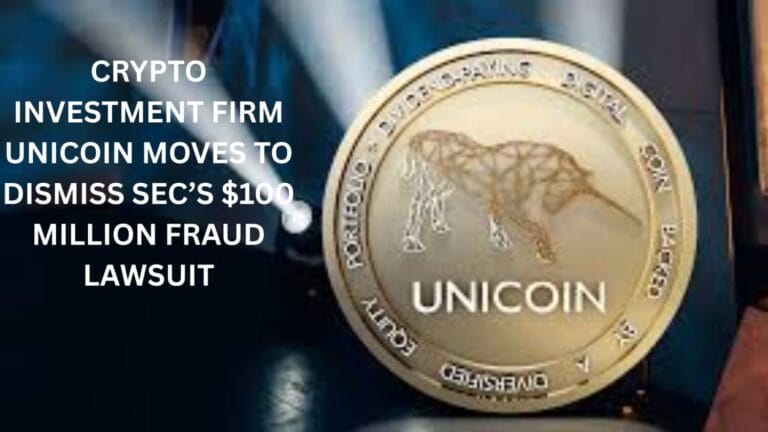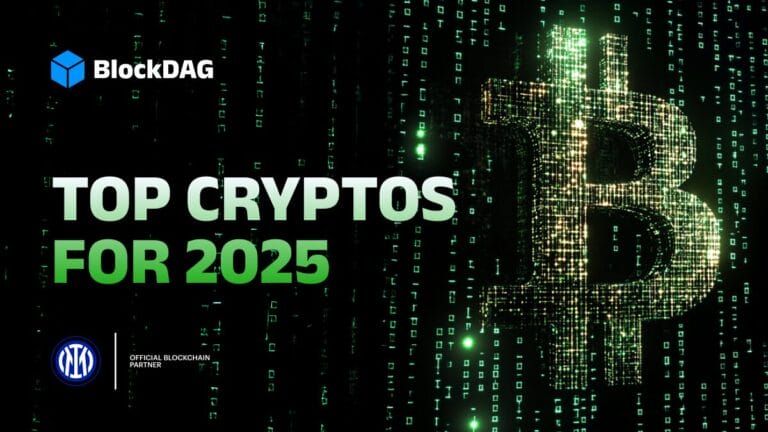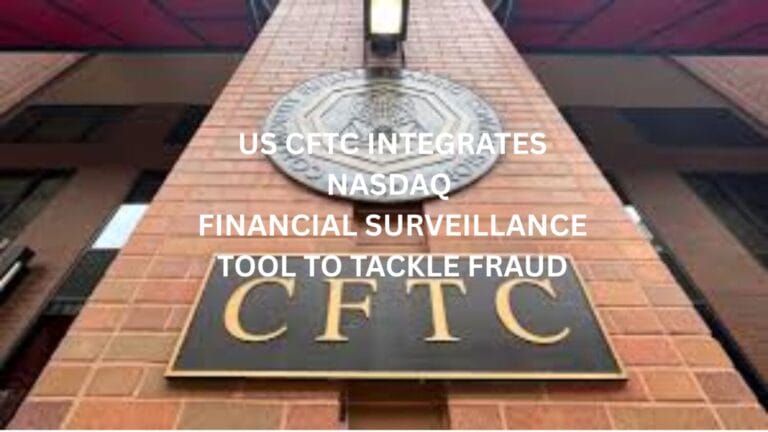Key Takeaways
- In this scam, the scammer’s own address might look eerily similar to your own address.
- Users might unknowingly copy the scammer’s address from their transaction history and paste it elsewhere, allowing the scammer to receive funds.
- Checking every single character of an address is important to stay safe from this scam.
Scams have long plagued the digital asset sector ever since its inception. Recently, a scam called ‘Address Poisononing’ has been doing the rounds in the crypto sector.
Crypto firms are now becoming increasingly wary of this scam.MetaMask has now put out a tweet warning users of this scam. In address poisoning scams, a scammer will first “poison” your account by sending you a small amount of crypto.
This transaction will be recorded in your account’s transaction history. To deceive the users, the scammer’s address might look similar to yours. Scammers might take advantage of the ‘vanity’ address generator to create an address that closely matches yours.
The scammer is now hoping that the next time you need your address, you unknowingly copy the scammer’s address from their transaction history and paste it elsewhere, allowing the scammer to receive funds.
MetaMask, in its blog, points out that developing a habit of thoroughly checking every single character of an address before you send a transaction is the only way to save yourself from the increasingly common Address Poisoning scams. Ledger has also issued a blog detailing ways to stay safe from Address poisoning scams.
Using a hardware wallet, adding frequently used addresses to your address book, and using test transactions are some other ways to prevent falling prey to this scam. If you use a hardware wallet, ensure the address in your software matches the one shown on your device’s screen. While receiving crypto, avoiding grabbing your deposit address from your transaction history is good to save yourself from this scam.
It should be noted that Address poisoning scams can take place on any blockchain. Blockchains such as Polygon, Tron, and Binance Smart Chain are frequently targeted by scammers owing to their cheap transaction fees, which make it much easier for exploiters easy to deploy the scam at scale to thousands of users without any hassle.










